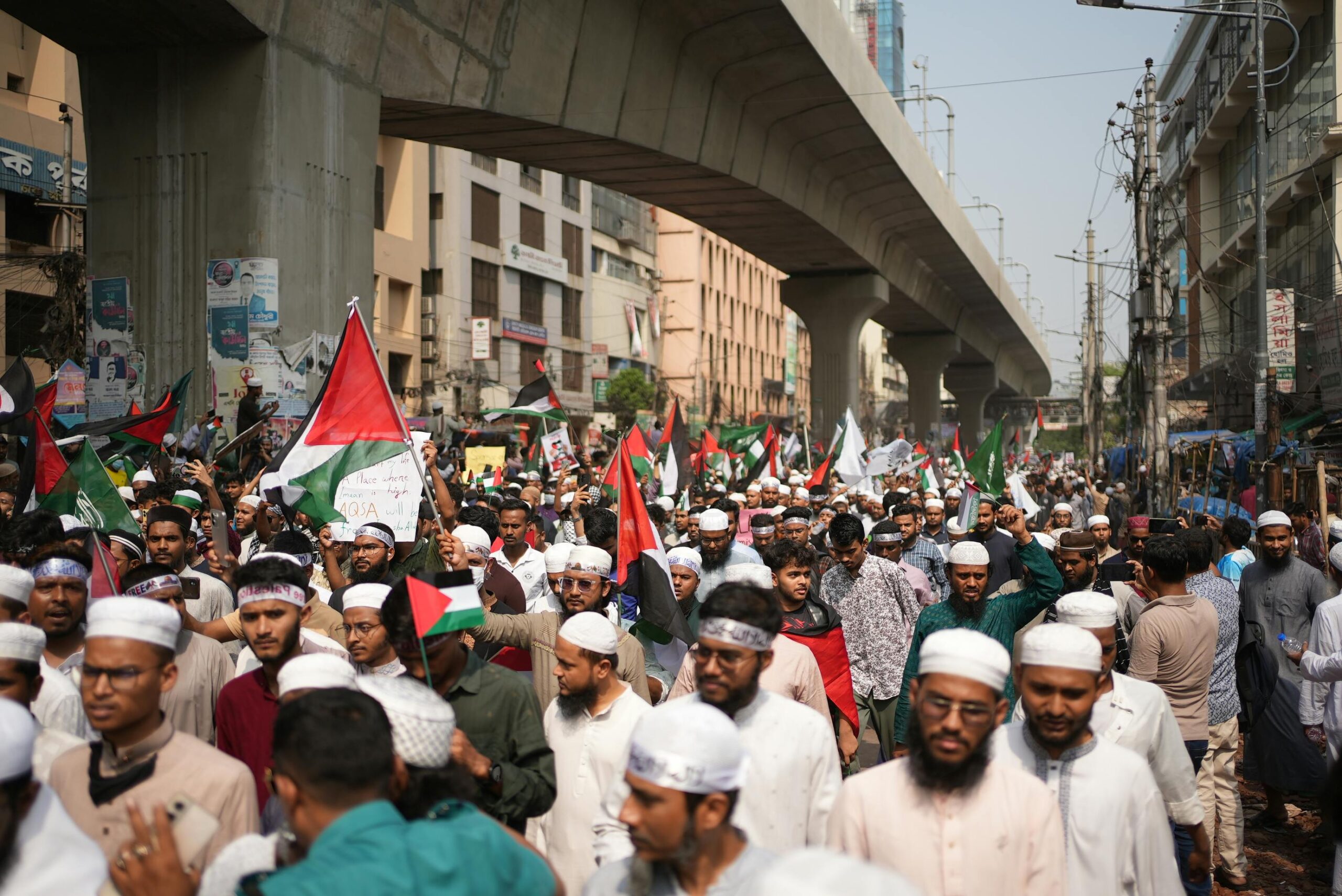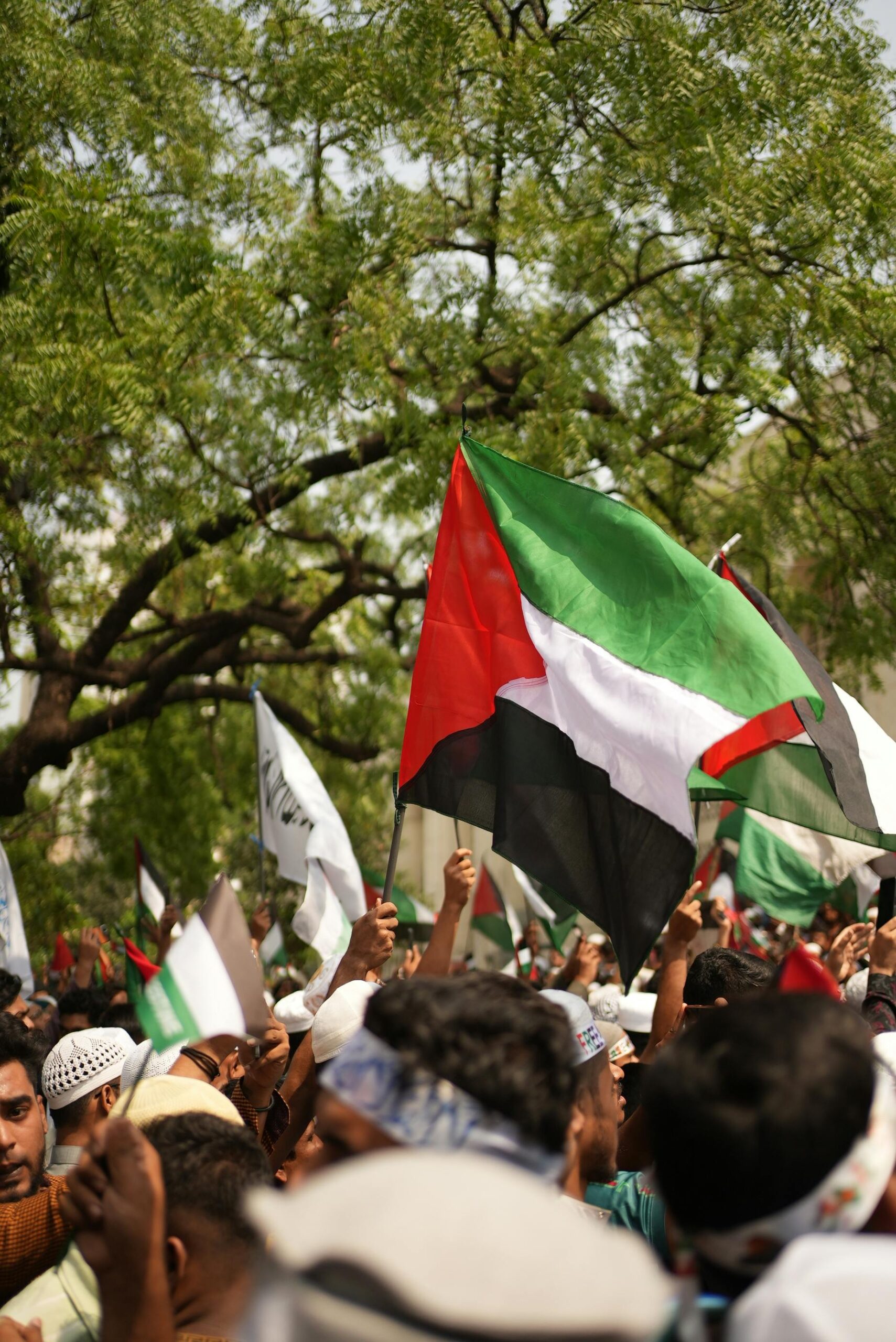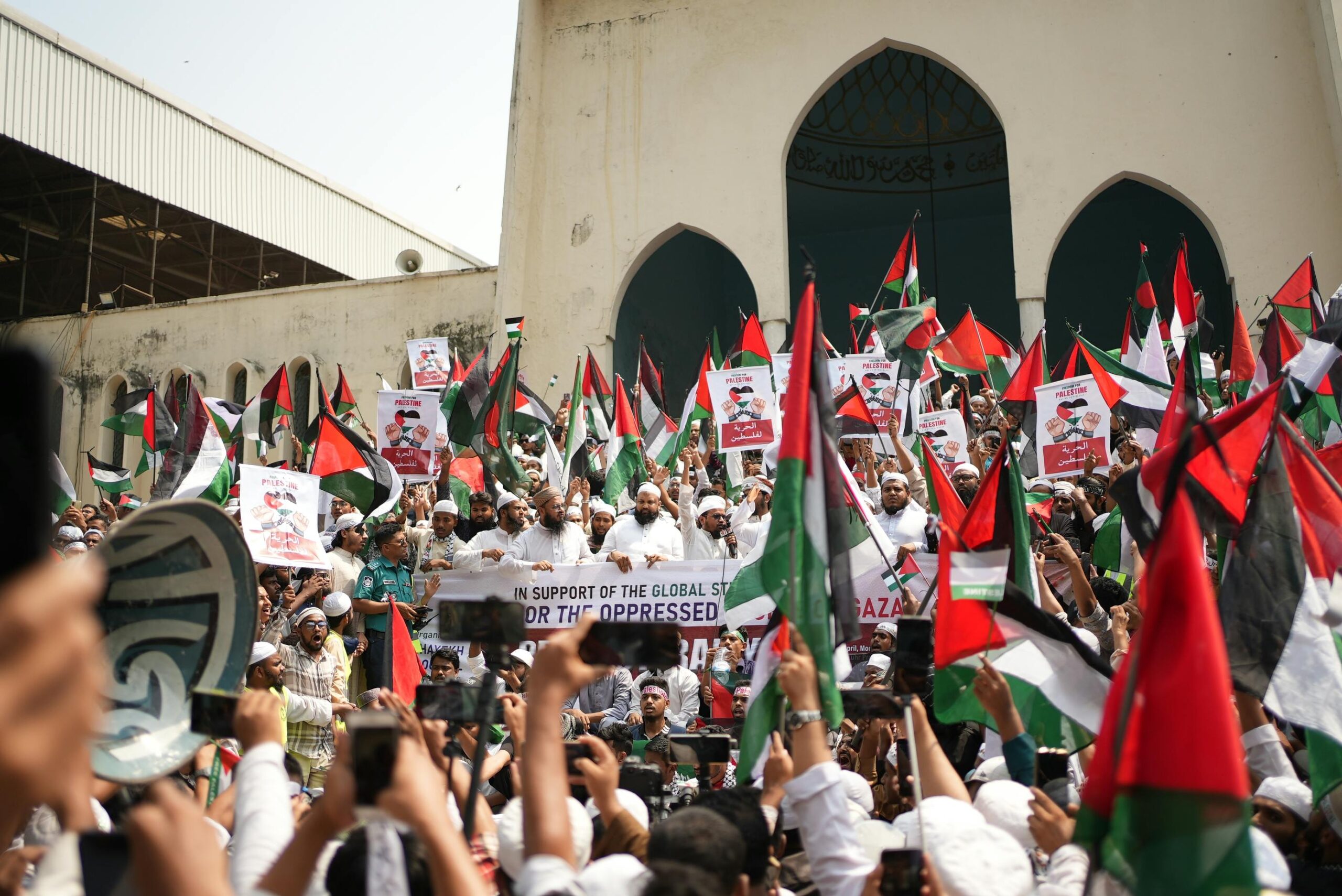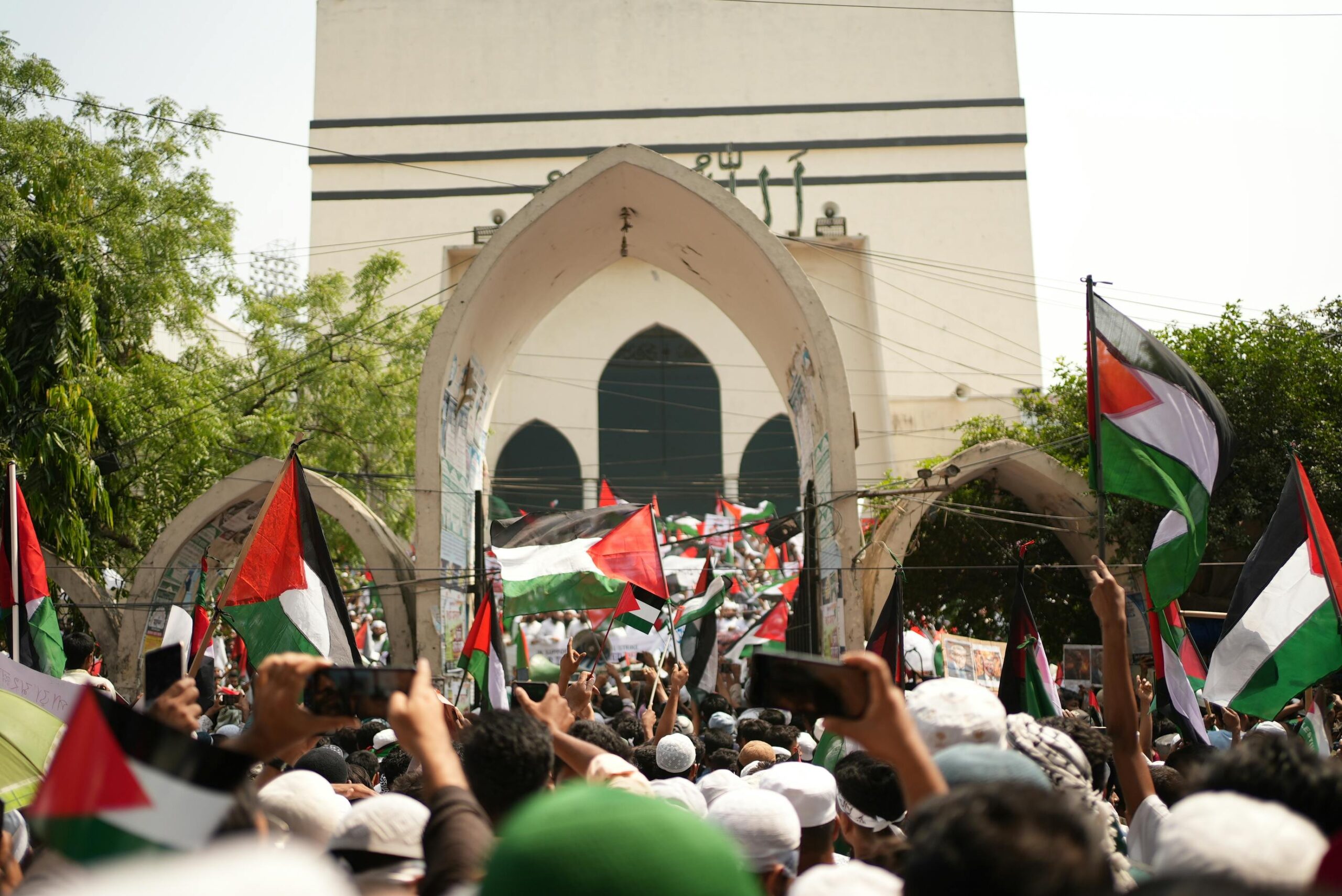Malaysia Arrests 36 Bangladeshi Nationals for ISIS-Linked Activities

On June 27, 2025, Malaysian Home Minister Saifuddin Nasution Ismail revealed that the Royal Malaysian Police detained 36 Bangladeshi individuals this week. They were reportedly part of a radical militant movement influenced by Islamic State (ISIS) ideology. The arrests were a result of coordinated operations across Selangor and Johor, based on intelligence from the Special Branch.
Authorities allege the group had formed secret recruitment cells aimed at
-
Indoctrinating suspects with extremist Islamic beliefs,
-
Raising funds for terrorist operations, and
-
Conspiring to overthrow the Bangladeshi government from within Malaysia’s borders
Minister Ismail emphasized:
“I would like to emphasize that Malaysia will **not be a haven, let alone a battlefield, for any foreign extremist movement.”

Regional Concerns: Threats Beyond Malaysia
Officials warn similar activism may surface in other countries with large Bangladeshi diasporas—including Singapore, Thailand, Indonesia, Maldives, Saudi Arabia, Bahrain, Oman, Kuwait, the EU, the UK, Canada, Australia, and the US.
Since the 2024 jihadist coup in Bangladesh, the country has seen a marked rise in radical Islamism. Extremist groups, such as ISIS and Al-Qaeda, are reportedly exploiting this political instability to expand their influence.
In August 2024, Al-Qaeda in the Indian Subcontinent (AQIS) lauded the turmoil in a propaganda release, urging more jihadist actions to establish Islamic rule in Bangladesh.

Bangladesh in Turmoil: Power Struggles & Extremism
The interim government, led by economist Muhammad Yunus, faces multiple crises—including sectarian violence, weakened religious minority protections, and rising religious extremism.
Muhammad Yunus, backed by minimal grassroots support via his National Citizens Party (NCP), is also criticized for using reform as a cover for a political vendetta against rivals such as the Awami League.
In October 2024, Brahma Chellaney (via Nikkei Asia) noted Bangladesh was at a crossroads post-military regime change, marked by purges, extrajudicial killings, and a dramatic rise in radical Islamism.

Grain Scandal: Stolen Ukrainian Wheat
Ukraine has accused Bangladesh of importing around 150,000 tons of Ukrainian grain stolen from occupied territories—shipped through Russia’s Kavkaz port—and plans to urge the EU to impose sanctions.
Kyiv’s diplomatic letters (including one on June 11, 2025) warned Dhaka of serious consequences if the imports continued. Ukrainian Ambassador Oleksandr Polishchuk called it “a crime” and warned that sanctions could target both private firms and government officials.
Bangladesh denies the charges, stating it bars imports from occupied zones, though officials have yet to formally address Ukraine’s warnings
Yunus’s “Revolutionary Government” Blueprint
Amidst domestic and international turmoil, Muhammad Yunus is reportedly moving forward with a “Jehadi Charter” that would:
-
Dissolve the existing Armed Forces.
-
Establish a paramilitary Islamic Revolutionary Army (IRA).
-
Abolish the 1972 Constitution, and
-
Transform the interim regime into a durable Revolutionary Government, reminiscent of post-1979 Iran.
This scheme would also empower Yunus to remove key figures like President Shahabuddin and Army Chief General Waker Uz Zaman.
In a June 13 meeting in London—dubbed the “Londongate Conspiracy”—Yunus secured support from BNP acting chairman Tarique Rahman, who agreed to suspend elections and join the new regime. BNP also reportedly backs prosecuting constitutional leaders for “crimes against humanity” .

Shrinking Democracy: Countdown to December 2025
Yunus and allies are reportedly pressing to extend power beyond the promised December 30, 2025, elections. Political expert Zillur Rahman warned that missing this deadline could indefinitely delay democratic governance.
After Sheikh Hasina’s ousting in August 2024, General Waker promised constitutional restoration. But now his continued silence is interpreted as consent to authoritarianism
Conclusion: A Cross-Border Reckoning
Bangladesh is confronting a multipronged crisis—from extremist networks operating abroad to internal authoritarian shifts and international trade scandals.
The convergence of criminal, political, and ideological challenges poses a profound risk to regional and global stability.
Swift, decisive action is essential to prevent the collapse of democracy in Bangladesh.


